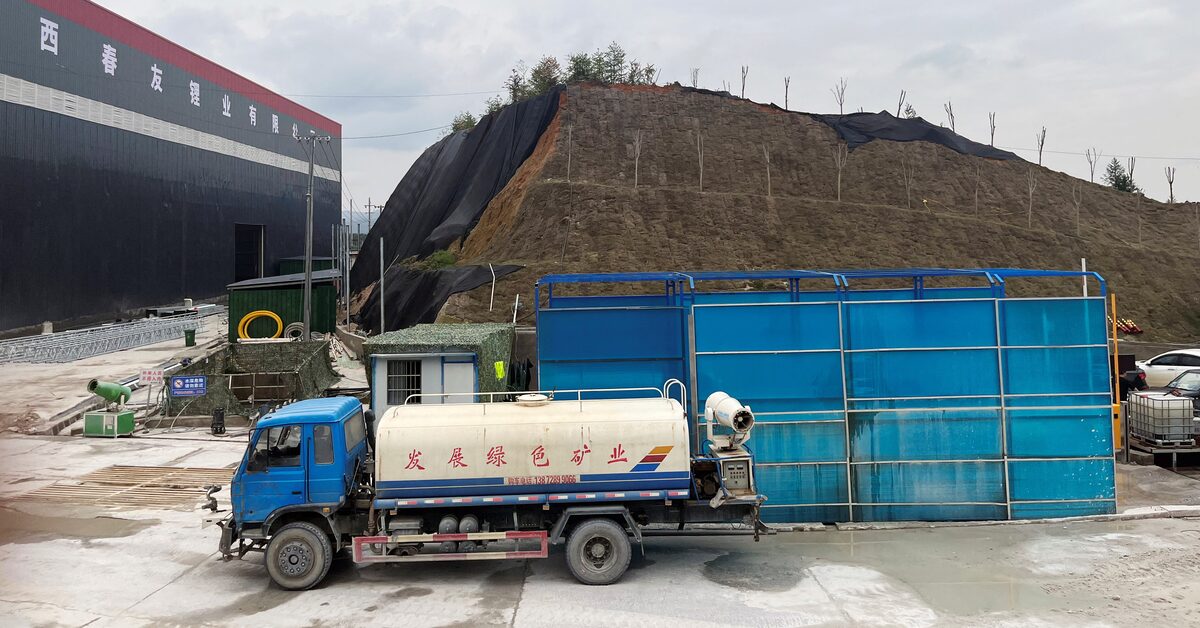All I'm suggesting is that a name-and-shame campaign is premature at this stage, driven as it is by mis-placed hearts and no head.
Premature? You are kidding.
@John25 , how many weeks have we been in suspension as of today?
(You'll have to wait for a bit for John to update us, he's had to go back to work like a lot of people due to the delays caused by the corrupt asshats.)
You are correct. We have NO IDEA what is going on, since or world class BoD has communicated fuxk all since the roadshows when they indicated possible resolution in November last year.
For the hard of hearing, the DRC, Felix, Z and C will try to screw us regardless of what we put on social media. Negotiations will all be related to AVZ dropping legal proceedings. This is about countering and correcting misinformation for other audiences and keeping our reputation intact.


